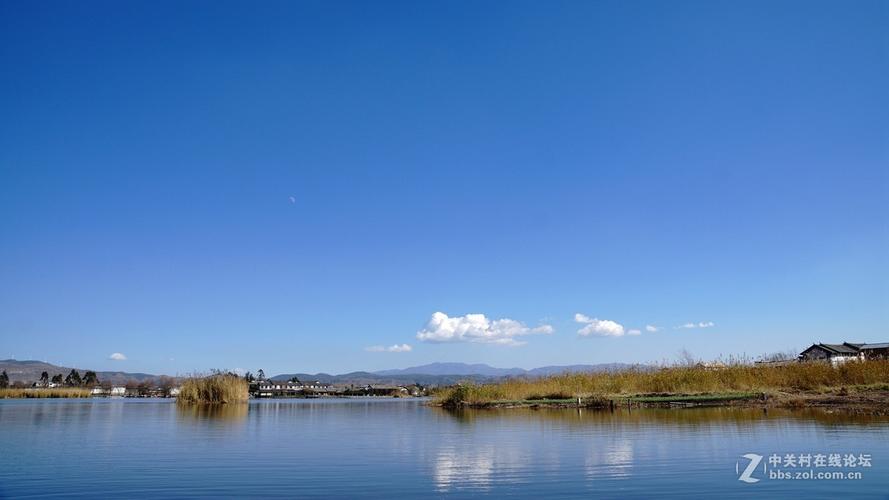Preserving Our Cultural Heritage: An Insight into the Agenda for 2023
As the world undergoes rapid urbanization and globalization, it is critical to preserve our cultural heritage to ensure that future generations can appreciate and learn from it. Cultural heritage refers to the collective knowledge, traditions, beliefs, languages, and expressions that we inherit from our ancestors and pass on to future generations.
Preserving cultural heritage is not just about maintaining historical buildings or landmarks but also about conserving cultural practices, languages, traditions, and intangible heritage. It is a way of safeguarding our identity and celebrating our diversity.
The Agenda for 2023 is a global initiative aimed at preserving and protecting cultural heritage. It was launched in 2013 by the United Nations Educational, Scientific, and Cultural Organization (UNESCO) with the goal of empowering communities and promoting cultural diversity worldwide.
One of the primary objectives of the Agenda for 2023 is to promote sustainable development by integrating cultural heritage into urban planning and development. This involves recognizing and protecting historic city centers, architectural heritage, cultural landscapes, and other significant elements of cultural heritage.
Another crucial aspect of the Agenda for 2023 is promoting cultural tourism. Cultural tourism involves visiting and experiencing cultural sites and attractions, which not only generates revenue for local communities but also raises awareness and appreciation for cultural heritage. It is a way to promote sustainable tourism, which benefits both visitors and local communities.
In addition to these objectives, the Agenda for 2023 also emphasizes the need to preserve intangible cultural heritage such as traditional dances, music, folktales, and crafts. This intangible heritage is a vital part of our cultural identity and is often passed down through generations, making it a valuable reflection of our ancestry.
Preserving cultural heritage requires cooperation and collaboration between various stakeholders, including governments, communities, academics, and heritage specialists. The Agenda for 2023 provides a framework for this cooperation, with a strong focus on partnerships and capacity-building for cultural heritage management.
In conclusion, preserving our cultural heritage is a significant task that requires a long-term commitment from all of us. The Agenda for 2023 sets out a roadmap to promote sustainable development, cultural tourism, and the conservation of cultural heritage worldwide. By working together, we can ensure that our cultural heritage is protected and passed on to future generations.
(Note: Do you have knowledge or insights to share? Unlock new opportunities and expand your reach by joining our authors team. Click Registration to join us and share your expertise with our readers.)
Speech tips:
Please note that any statements involving politics will not be approved.
